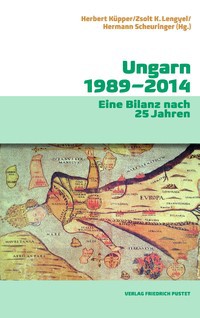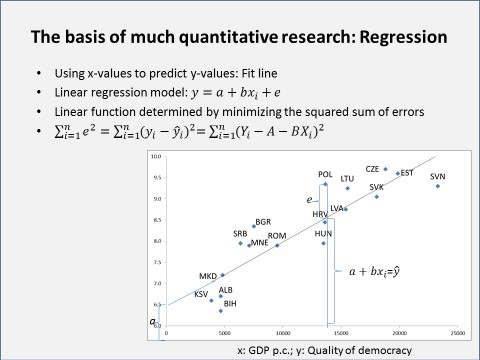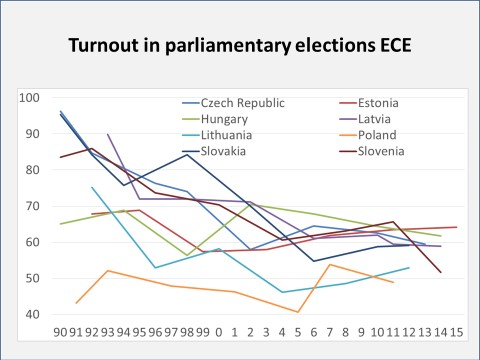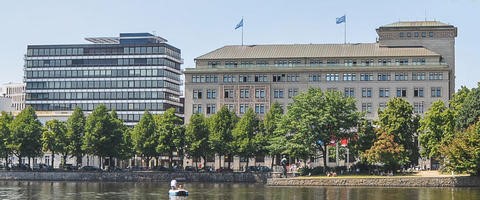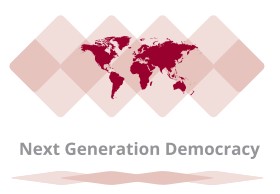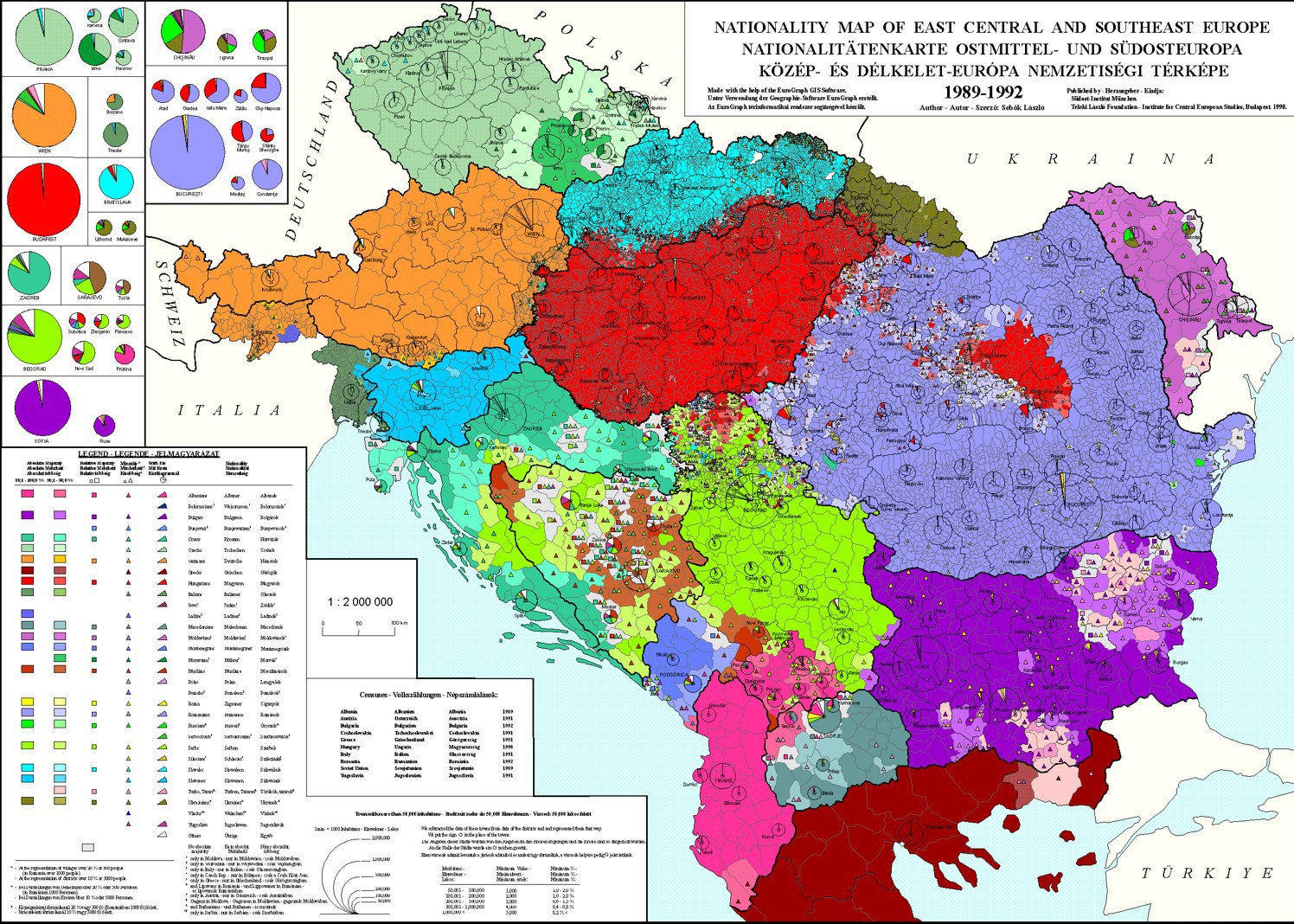Retrograde Modernization in Russia and the Post-Soviet Region
A Cross-Disciplinary Conference Organized by KomPost and the German Association for East European Studies (DGO), Berlin 23-24 October 2015
Levels of economic development, income and education provide a firm structural basis for democracy in Russia. However, an authoritarian model of government has prevailed and has even taken stronger hold of society in recent years. This trend is all the more puzzling since the political leadership has been less able to rely on economic growth to legitimize its rule. Governing elites are essentially confined to symbolic resources of legitimacy, such as historical grievances, threat perceptions, notions of exceptionalism and imperial identity.
In employing these resources, incumbent elites evoke ghosts of a past that appears to be more present now than during Russia’s departure for democracy in the 1990s or during the prosperous 2000s. Reviving the territorial thinking of the 19th and 20th century, Crimea’s incorporation is used to demonstrate Russia’s reconstitution as a great power. Novorossiya, a historical region annexed by Tsarist Russia, serves to establish a Russian claim on Ukrainian territory. Russia is framed as subject to Western “containment” strategies, borrowing from the terminological arsenal of the Cold War. In a romanticizing fashion, political representatives assume Russian culture to harbor and cherish traditional values that are deemed to be threatened by neglect and relativism in the West. The official rhetoric of economic reform resuscitates the idea of “import substitution” from the economic development agenda of the 1960s. Contemporary notions of “conservatory modernization” and “innovatization” are reminiscent of pseudo-reform discourses shaping the Brezhnev era.
The conference analyzed how political actors use references of the past to interpret and justify their policies. How do these references and quotations fit into the official frame of Russia as a non-Western civilization and an alternative to Western moral permissiveness? Can elements of what may be termed “retro-modernization” provide a viable ideology for authoritarian rule? What do we know about their appeal among Russian elites and in Russian society? How do critics of official discourses and policies relate to the appropriation and reactivation of traditions? How do neotraditionalist ideas resonate in other post-Soviet countries?
Drawing on work from the research network ‘Institutions and institutional change in Postsocialism’, the conference panels discussed ideas and strategies of retrograde modernization in discourses about the role of the state, economic policy and Russian culture.
Program: Retro_2015
Report (in German): Tagungsbericht

